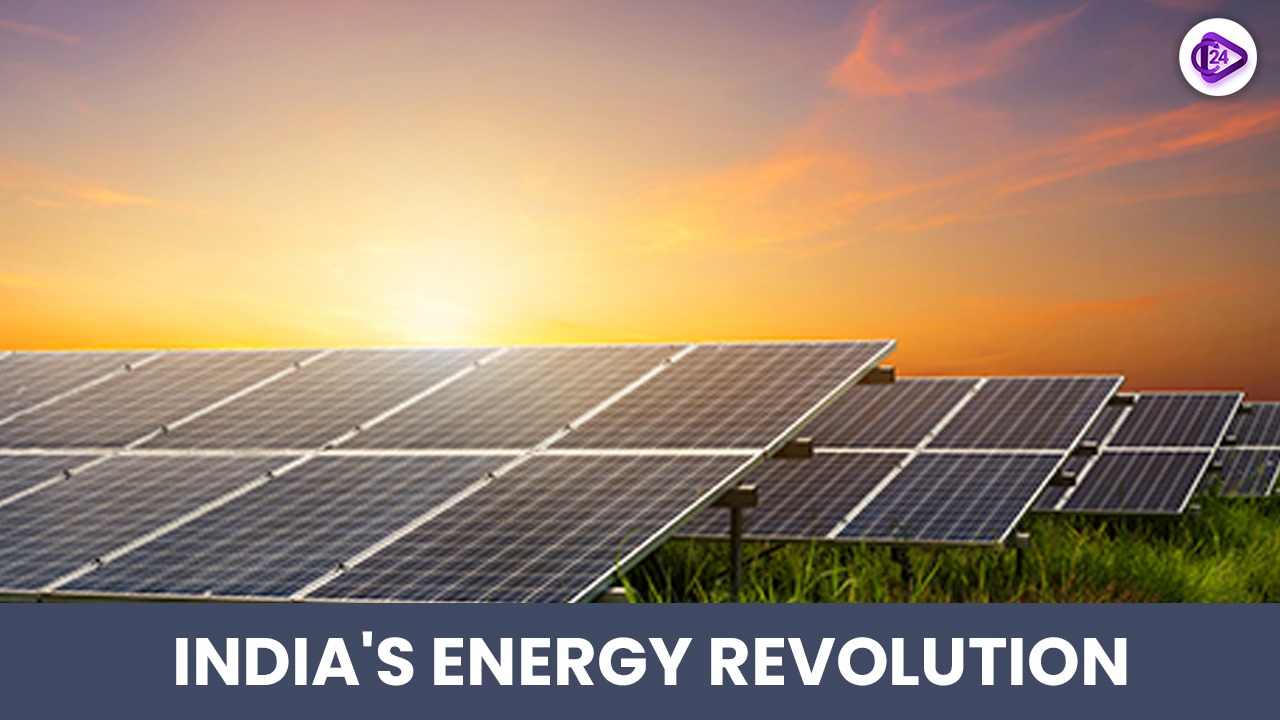
India's first lithium refinery along with a battery manufacturing factory will launch through Vardhaan Lithium (I) Pvt Ltd at Additional Butibori in Nagpur Maharashtra. This project receives backing from a funding amount of Rs. 42,532 crores to advance India’s energy systems and industrial systems. The project spans 500 acres of land which plans to become an important component in India's energy infrastructure.
Goals and Capabilities of the Facility
-
Lithium Refining Capacity: Yearly operations will process 60,000 tonnes of lithium which aims to help India decrease dependence on imported raw materials.
-
Battery Production: The upcoming battery production facility will generate 20 GWh worth of batteries needed for home power generation alongside industry usage and electric vehicle solutions.
-
Self-Sufficiency: The project intends to develop a strong indigenous supply system for lithium products thus improving India's energy independence.
A revolutionary contribution to 'Make in India'
-
The venture Supports Prime Minister Narendra Modi's vision of producing critical national infrastructure within India through the 'Make in India' initiative.
-
The Vardhaan Lithium facility enables India to supply more lithium-based items thus emerging as an energy leader worldwide while fulfilling domestic energy needs.
Global Standards with World-Class Technology
The collaboration between technology providers including USA and European partners enables this facility to offer products that will fulfill international requirements for worldwide success.
What is Lithium?
-
The extensive demand for rechargeable batteries for lithium has made the silvery-white alkali metal known as 'white gold.'
-
Due to its status as the least dense metal and solid element lithium demonstrates high chemical reactivity and flammability. The material requires specific storage through vacuum spaces or inert gas environments together with inert liquids labeled purified kerosene.
-
Corrosion: Under atmospheric exposure lithium changes from its vivid silvery grey color to an ugly black hue while showing rapid oxidation.
-
Melting and Boiling Points: The substance displays both reduced melting temperatures typical of metal materials and elevated boiling temperature ranges.
Occurrence of Lithium
-
Natural Occurrence: The availability of natural free lithium stands as a rarity across the planet. Pegmatitic minerals host lithium reservoirs because they form in the closing phases of magma crystallization.
-
Sources: Scientists extract lithium from both ocean water and brines because these sources contain high-concentration salt solutions. Industrial production of lithium metal occurs through electrolysis of a potassium chloride and lithium chloride mixture.
Global Reserves and Production
Largest Reserves: Bolivia maintains the largest lithium reserves followed by Argentina then Chile and the United States and Australia and finally China are the top producers.
-
Bolivia
-
Argentina
-
Chile
-
United States
-
Australia
-
China
-
South American nations including Argentina Bolivia and Chile hold 54% of the world's lithium reserves within their ‘Lithium Triangle' region.
Top Lithium Producers:
-
Australia
-
Chile
-
China
-
Argentina
Lithium Reserves in India
-
Current Lithium Reserves: Scientists have detected lithium deposits spread across the districts of Mandya in Karnataka and Reasi in Jammu & Kashmir.
-
Potential Sites:
-
Mining operations have identified lithium-bearing mica belts throughout Rajasthan, Bihar, and Andhra Pradesh districts.
-
Lithium occurs within pegmatite belts stretching across Odisha and Chhattisgarh.
-
Rann of Kutch in Gujarat
-
Lithium is a Critical Mineral in India
According to the Mines and Minerals (Development and Regulation) Amendment Act of 2023 lithium embodies a status as a critical and strategic mineral which elevates its importance to national security as well as economic advancement.
Uses of Lithium
-
Lithium-ion batteries supply power to laptops, mobile phones, electric vehicles, and wind turbines along with solar panels.
-
Alloys: Researchers utilize lithium to create strong lightweight combinations with aluminium and magnesium.
-
Lithium enables reactor fusion beyond nuclear levels while supporting ceramics and glass technology along with grease lubrication production.
-
Spaced systems including spacecraft alongside submarines benefit from chemical removal of carbon dioxide and air decontamination.
Significance of Lithium
-
Critical Minerals: The maintenance of both economic development and national security requires lithium as an essential material. Electric vehicles alongside renewable energy storage deployment make lithium the central force powering clean energy transformation.
-
Supply Chain Vulnerabilities: A limited number of countries producing lithium creates potential weaknesses in worldwide supply systems that could disrupt global operations because outlets increase.
-
Job Creation: The upcoming factory establishment will generate direct employment along with numerous indirect jobs that enlarge economic growth within the local region.
-
Ancillary Industries: The facility's establishment will draw additional supporting industries which will develop into a clean energy hub throughout Maharashtra to spur more industrial expansion.
Concerns with Lithium Production
-
Water Usage: The lithium extraction industry drains large amounts of water from local supplies leading to serious depletion problems in water-scarce areas.
-
Chemical Hazards: Highly destructive chemical extraction methods create damaging conditions for factory staff as well as environmental pollution.
-
Energy Consumption: Because lithium production requires substantial energy usage its environmental impact generates greenhouse gas emissions prompting questions about EVs and renewable energy technologies sustainability.
-
Biodiversity Loss: Modern industrial-scale exploitation of extraction areas presents risks to protected animal populations that could affect static ecosystems for future generations.
-
Social Impacts: The production of lithium generates multiple social consequences by mobilizing indigenous peoples from their native territories and damaging economic activities of local inhabitants.
-
Supply Chain Vulnerability: The global lithium supply becomes unstable because its production exists only in select geographic regions.
Steps Taken by India
-
The Indian mining startup KABIL (Khanij Bidesh India Ltd) identifies international territories for strategic mineral development to sustain ongoing access.
-
Australia-India Critical Minerals Investment Partnership: India and Australia work together to secure dependable lithium supply chains.
-
Geological Survey of India currently investigates lithium reserves throughout the Indian territory.
-
-
By joining the USA-led Mineral Security Partnership India demonstrates its dedication to critical mineral securement.
Conclusion
Through its crucial lithium project, Vardhaan Lithium supports India's energy independence campaign by enabling local control of critical resources with frontier technology while disrupting overseas lithium import dependence. India promotes its dedication to global clean energy transformation through the initiative while supporting dual objectives of business expansion and climate protection.



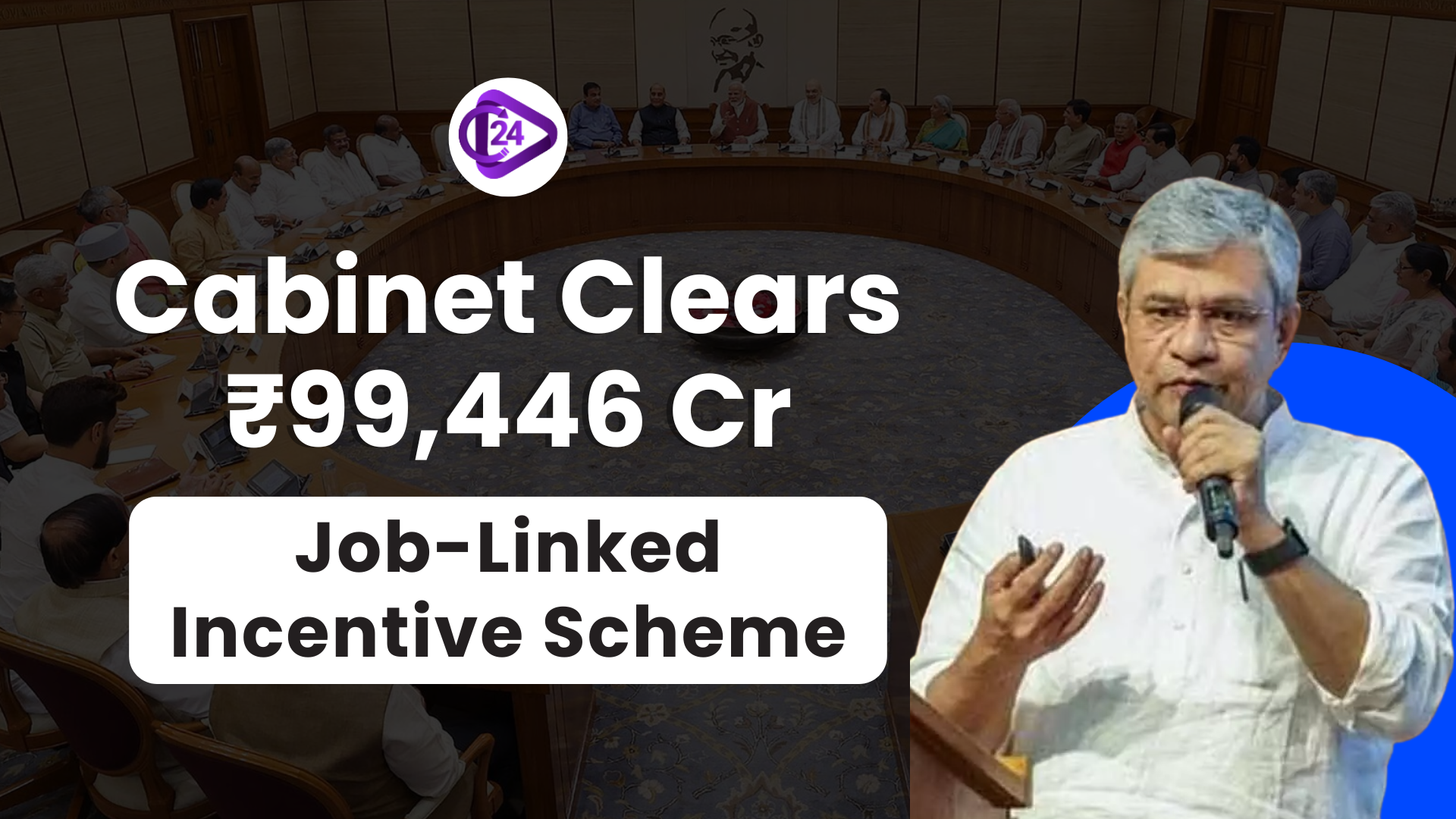 Cabinet Approves ₹99,446 Crore Employment-Linked Incentive Scheme
Cabinet Approves ₹99,446 Crore Employment-Linked Incentive Scheme Railway Fare Hikes Effective from July 1: 2 Paise per Km for AC, 1 Paise for Non-AC Travel
Railway Fare Hikes Effective from July 1: 2 Paise per Km for AC, 1 Paise for Non-AC Travel GST Council to Discuss Reducing Items in 12% Slab
GST Council to Discuss Reducing Items in 12% Slab MCA21 Portal: Streamlining Corporate Compliance in India
MCA21 Portal: Streamlining Corporate Compliance in India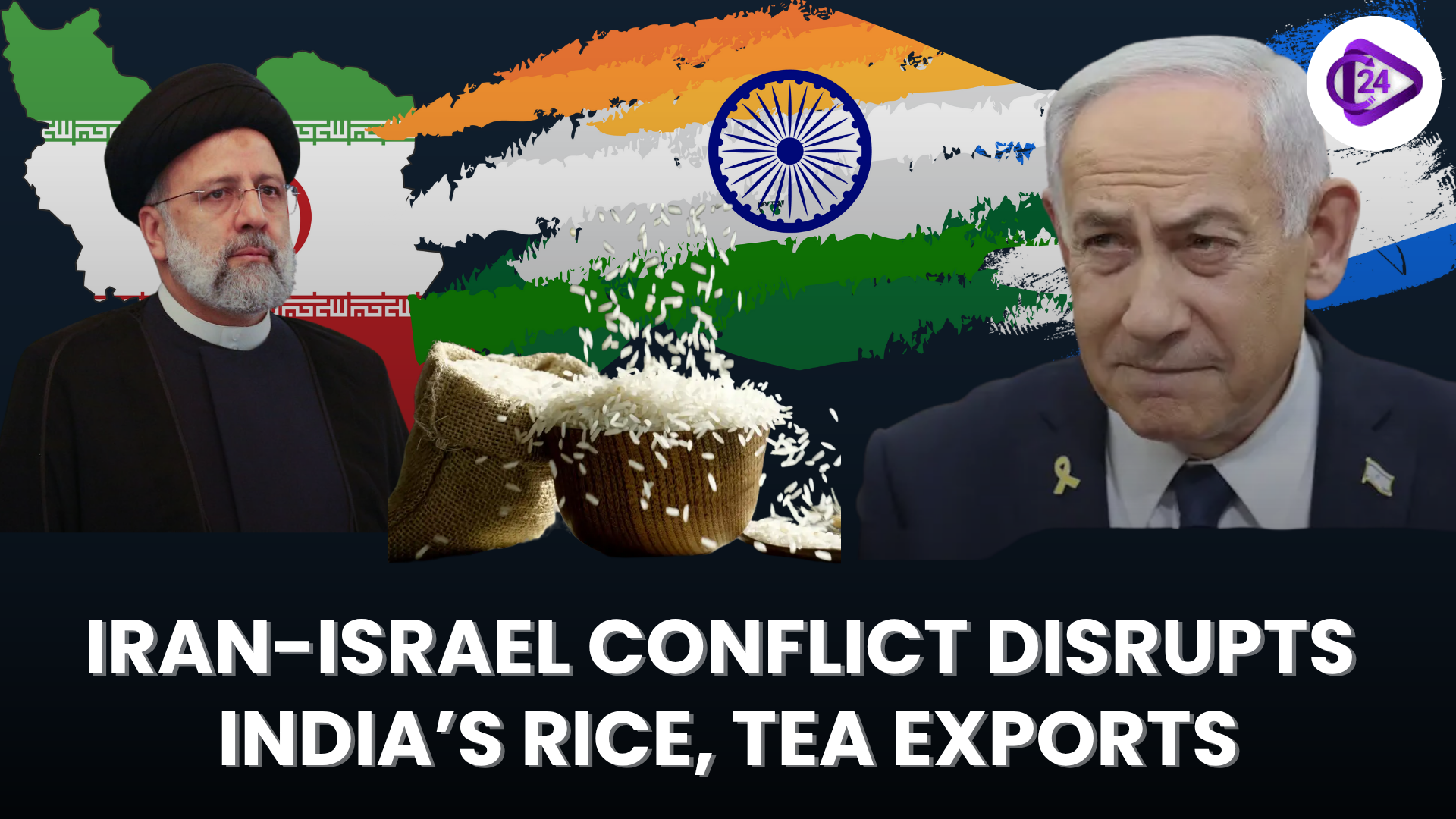 India’s Rice and Tea Exports Disrupted by Iran-Israel Conflict
India’s Rice and Tea Exports Disrupted by Iran-Israel Conflict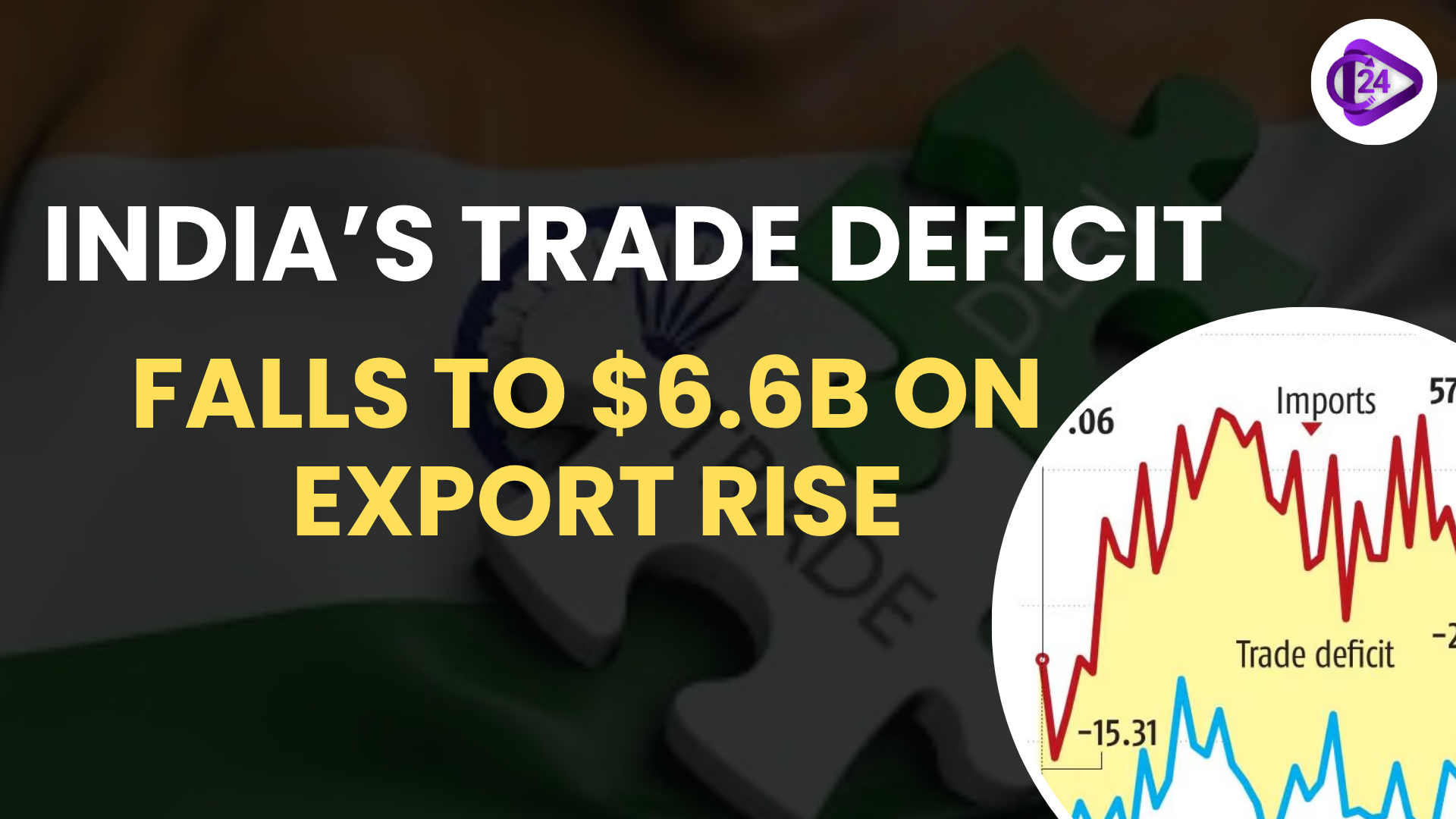 India’s Trade Deficit Narrows to $6.6 Billion Amid Export Growth
India’s Trade Deficit Narrows to $6.6 Billion Amid Export Growth India’s Population Reaches 146.39 Crore, Fertility Rate Drops Below Replacement Level: UN Report
India’s Population Reaches 146.39 Crore, Fertility Rate Drops Below Replacement Level: UN Report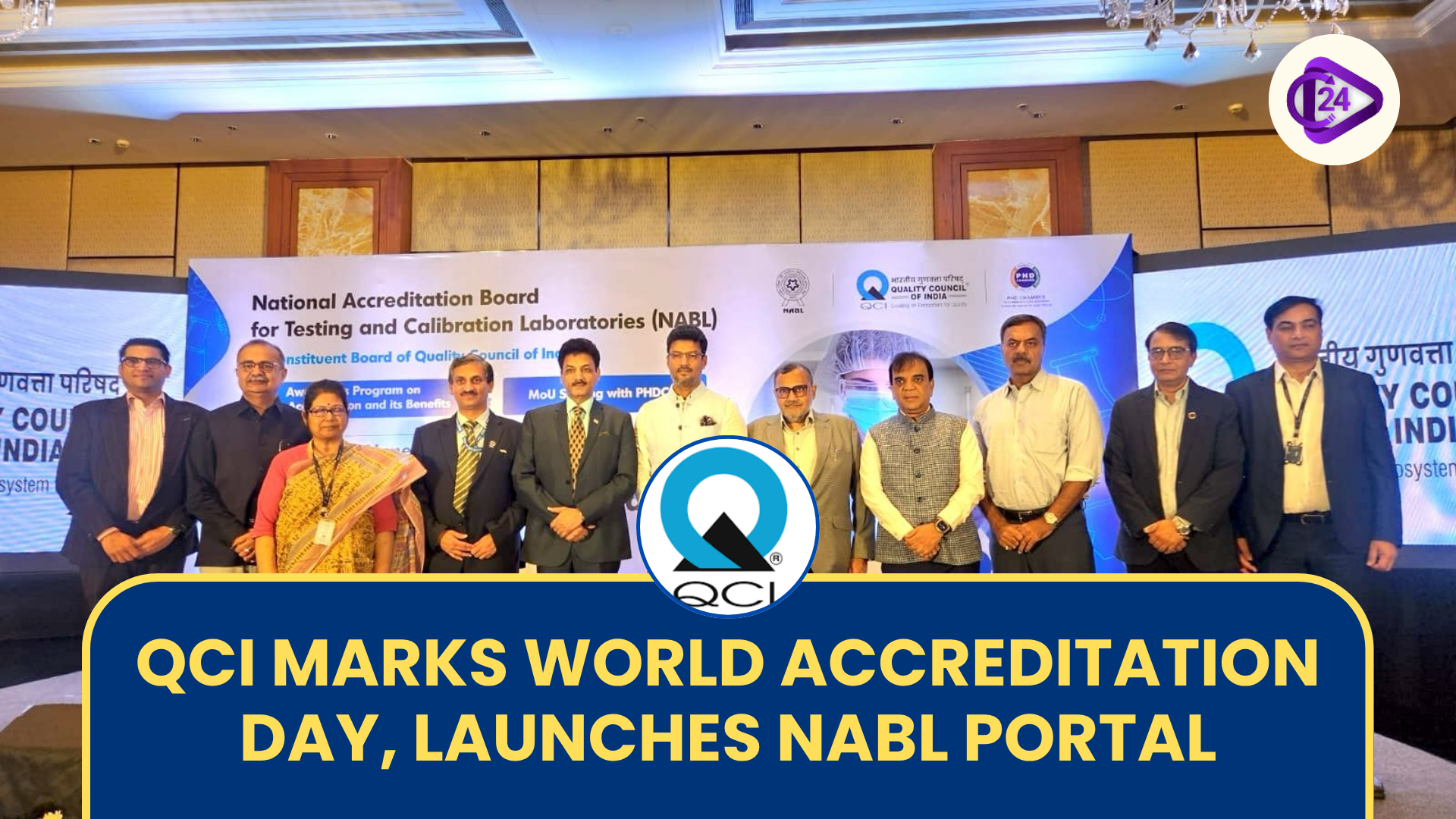 QCI Commemorates World Accreditation Day 2025 and Launches Revamped NABL Portal
QCI Commemorates World Accreditation Day 2025 and Launches Revamped NABL Portal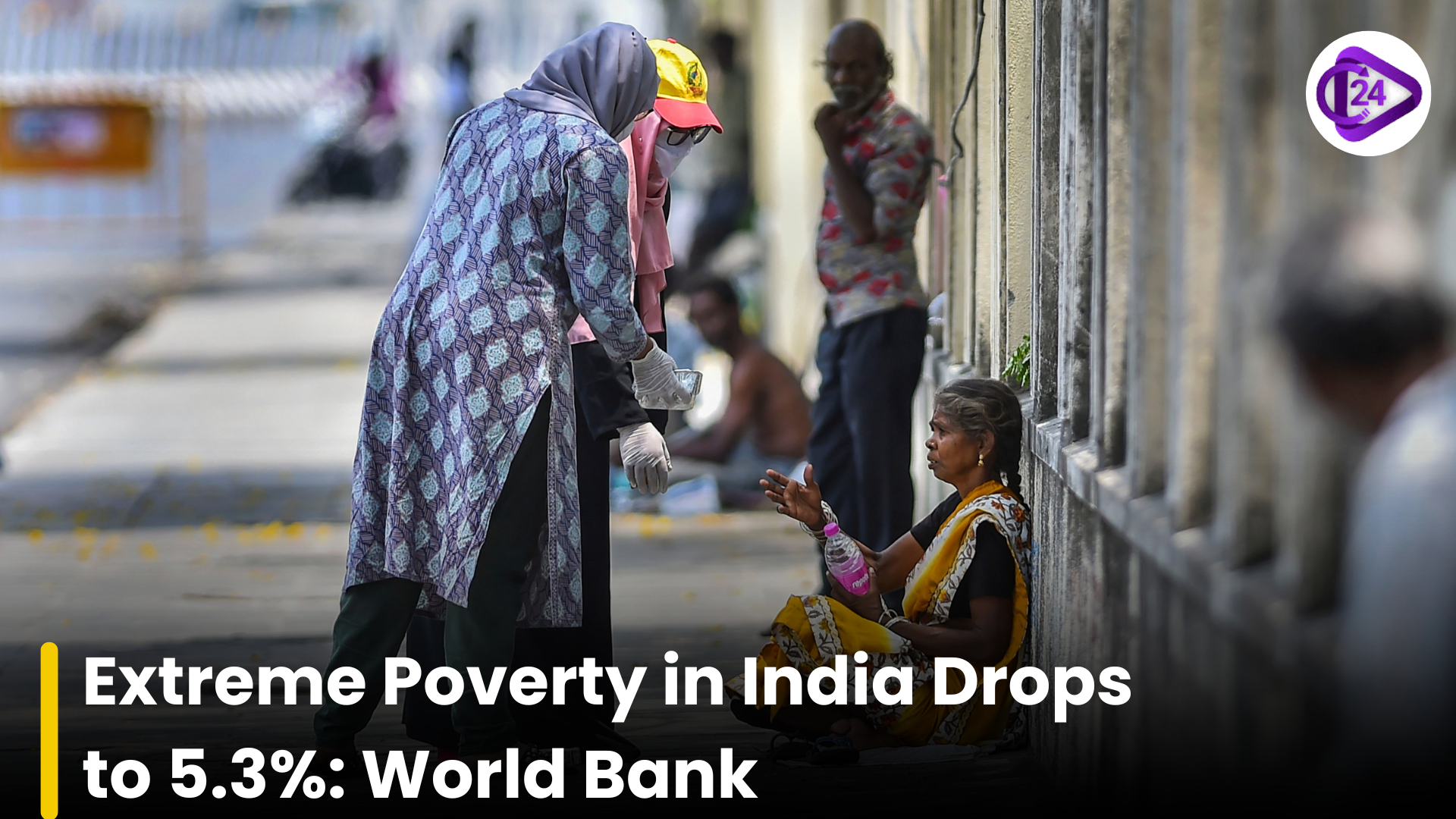 Extreme Poverty in India Falls to 5.3% in 2022–23: World Bank Report
Extreme Poverty in India Falls to 5.3% in 2022–23: World Bank Report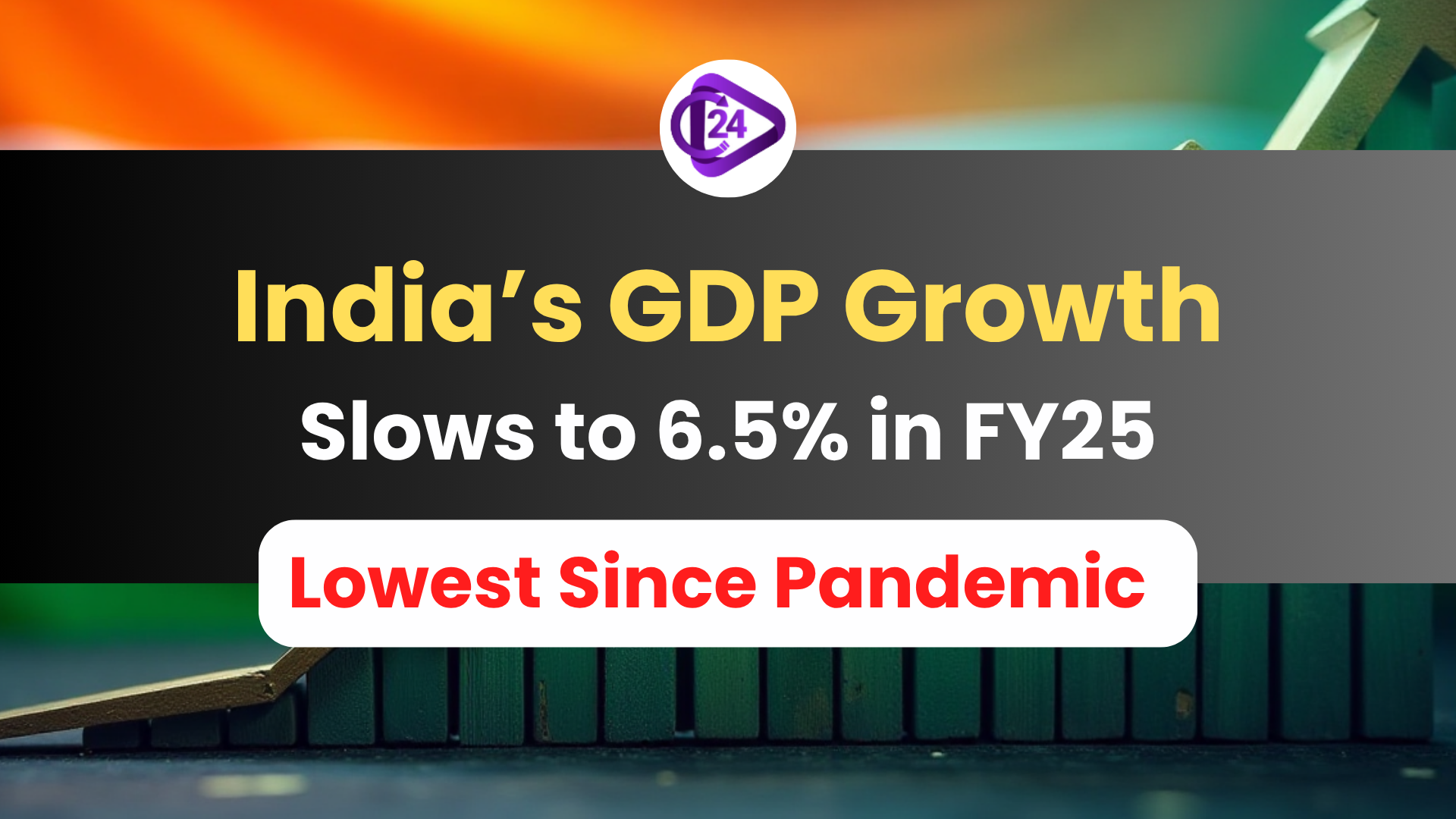 India’s GDP growth drops to 6.5% in 2024-25, slowest since the pandemic
India’s GDP growth drops to 6.5% in 2024-25, slowest since the pandemic






